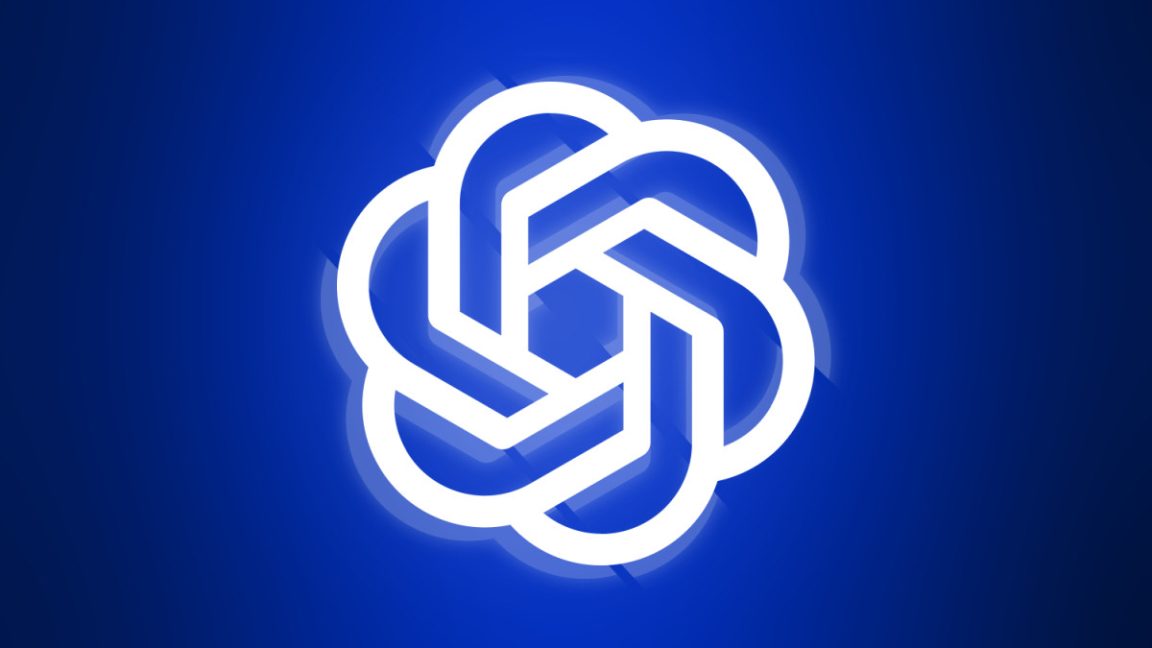
Credit: Benj Edwards / OpenAI
On Thursday, The Verge reported that OpenAI is preparing to launch GPT-5 as early as August, according to sources familiar with the company's plans. The report comes five months after CEO Sam Altman first laid out a roadmap for the next-generation AI model that would unify the company's various AI capabilities. OpenAI CEO Sam Altman revealed in a post on X last week that the company plans to release GPT-5 "soon."
According to The Verge's Tom Warren, Microsoft engineers began preparing server capacity for GPT-5 as early as late May, but testing and development challenges pushed the timeline back. During an appearance on Theo Von's podcast this week, Altman demonstrated the model's capabilities by having it answer a question he couldn't. "I put it in the model, this is GPT-5, and it answered it perfectly," Altman said, saying it gave him a "weird feeling" to see the AI model answer a question that he couldn't.
GPT-5 has been a highly anticipated release since the launch of GPT-4 in March 2023. In fact, we first wrote about rumors of GPT-5's launch in March 2024, but it appears that GPT-5 did not materialize last year because the company saved the "GPT-5" name for a future release.
The Verge reports that OpenAI plans to launch what is now called GPT-5 with "mini" and "nano" versions available through its API. The main version, which will combine a conventional large language model (LLM) and a simulated reasoning (SR) model, will be available through ChatGPT and OpenAI's API, while the nano version will reportedly only be accessible via the API.
References to "gpt-5-reasoning-alpha-2025-07-13" have already been spotted on X, with code showing "reasoning_effort: high" in the model configuration. These sightings suggest the model has entered final testing phases, with testers getting their hands on the code and security experts doing red teaming on the model to test vulnerabilities.
Unifying OpenAI’s model lineup
The new model represents OpenAI's attempt to simplify its increasingly complex product lineup. As Altman explained in February, GPT-5 may integrate features from both the company's conventional GPT models and its reasoning-focused o-series models into a single system.
"We're truly excited to not just make a net new great frontier model, we're also going to unify our two series," OpenAI's Head of Developer Experience Romain Huet said at a recent event. "The breakthrough of reasoning in the O-series and the breakthroughs in multi-modality in the GPT-series will be unified, and that will be GPT-5."
According to The Information, GPT-5 is expected to be better at coding and more powerful overall, combining attributes of both traditional models and SR models such as o3.
Before GPT-5 arrives, OpenAI still plans to release its first open-weights model since GPT-2 in 2019, which means others with the proper hardware will be able to download and run the AI model on their own machines. The Verge describes this model as "similar to o3 mini" with reasoning capabilities. However, Altman announced on July 11 that the open model needs additional safety testing, saying, "We are not yet sure how long it will take us."

-
 C114 Communication Network
C114 Communication Network -
 Communication Home
Communication Home


